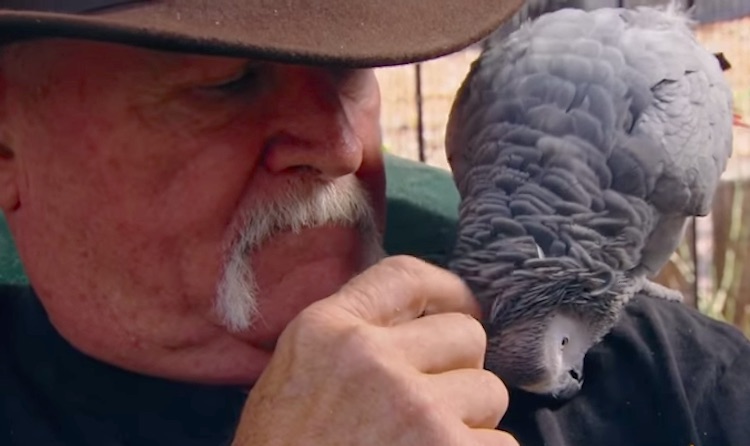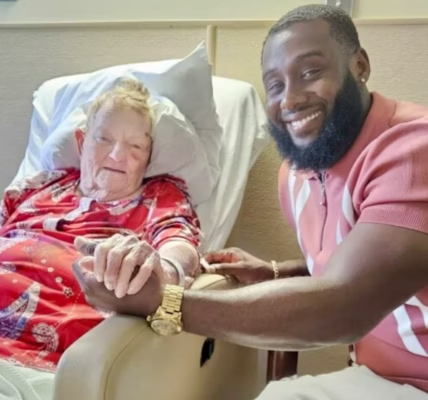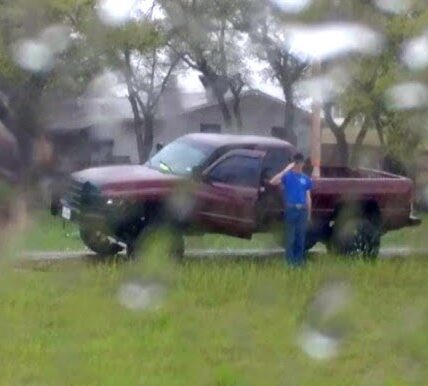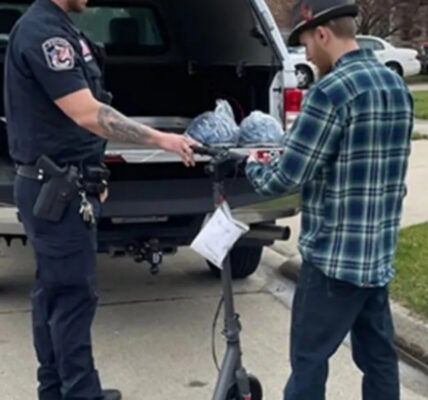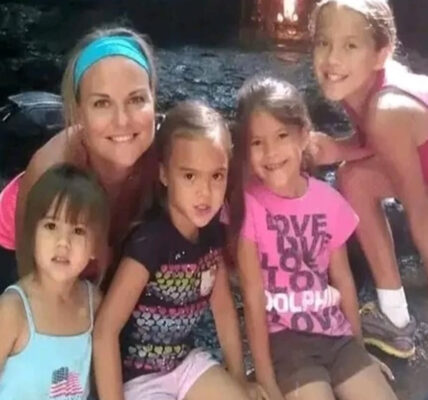In Los Angeles, tucked away behind quiet fences, there is a sanctuary unlike any other. It isn’t just for birds, and it isn’t just for people. It’s a place where two worlds—both carrying invisible scars—meet, and where healing happens in the most unexpected way.
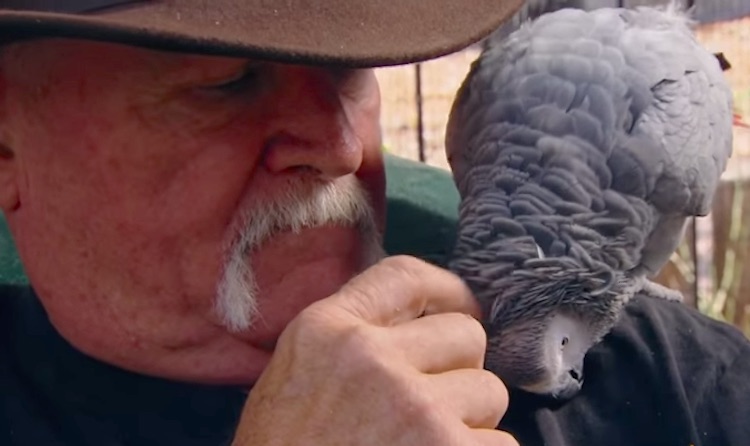
The Serenity Park parrot sanctuary was founded with a simple, yet radical idea: pair traumatized war veterans with abused and neglected parrots. Both groups had suffered. Both carried memories they couldn’t escape. And both desperately needed connection, trust, and love.
For many veterans, life after war is a different kind of battle. Post-Traumatic Stress Disorder (PTSD) can rob them of peace, sleep, and even the ability to connect with their families. Traditional treatments—group therapy, medication, counseling—can help, but often fall short of filling the deep void left by trauma.
For the parrots, the pain is different, but no less real. Many of them come from abusive homes or neglectful situations. Some were abandoned after years of captivity, left without companionship or freedom. Their feathers are plucked bare from stress, their voices hoarse from crying for owners who never returned. Like the veterans, they too carry wounds that are not easily seen.
At Serenity Park, these two broken worlds collide in the gentlest way.
A veteran enters, perhaps hesitant, weighed down by nightmares and memories. A parrot waits, wary of yet another human, feathers ruffled in defense. Slowly, carefully, they begin. The veteran learns to offer food, to speak softly, to sit patiently while the bird decides whether to trust. The parrot, in turn, begins to lean in, to take the food, to allow the touch of a hand.
And then something extraordinary happens.
The walls begin to fall—for both of them.
The veterans describe it as grounding. The birds demand presence; they don’t care about yesterday’s battle or tomorrow’s fears. They care about now: the seed in a hand, the tone of a voice, the safety of a perch. For veterans haunted by the past, this insistence on the present is healing.
The parrots, once terrified or withdrawn, begin to thrive. They mimic laughter, they whistle songs, they stretch wings they once held tight against their bodies. The love and dependency that forms between veteran and bird is undeniable, tangible—visible in every cautious smile, every feather smoothed.
Studies show the impact has been remarkable. Some veterans at Serenity Park report improvements that medication and therapy alone could not provide. Depression eases. Anxiety lessens. A sense of purpose returns. In giving care, they receive it back in ways words can hardly capture.
For the birds, the transformation is just as profound. They begin to trust again. They rediscover the joy of companionship. They, too, find that wounds can heal when someone finally chooses to stay.
“People think we’re saving the birds,” one veteran shared. “But the truth is—the birds are saving us, too.”
In a world often divided, Serenity Park stands as a reminder that healing doesn’t always come from where we expect it. Sometimes, it comes with feathers and a song. Sometimes, it comes when two wounded souls simply sit together and remind each other that they are not alone.
Because at the heart of it, healing isn’t about erasing pain. It’s about finding someone—or something—that will sit with you in it, and love you until the light starts breaking through again.
